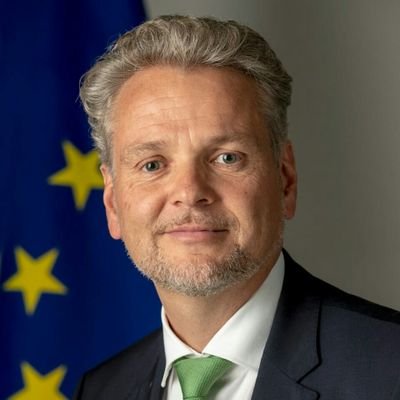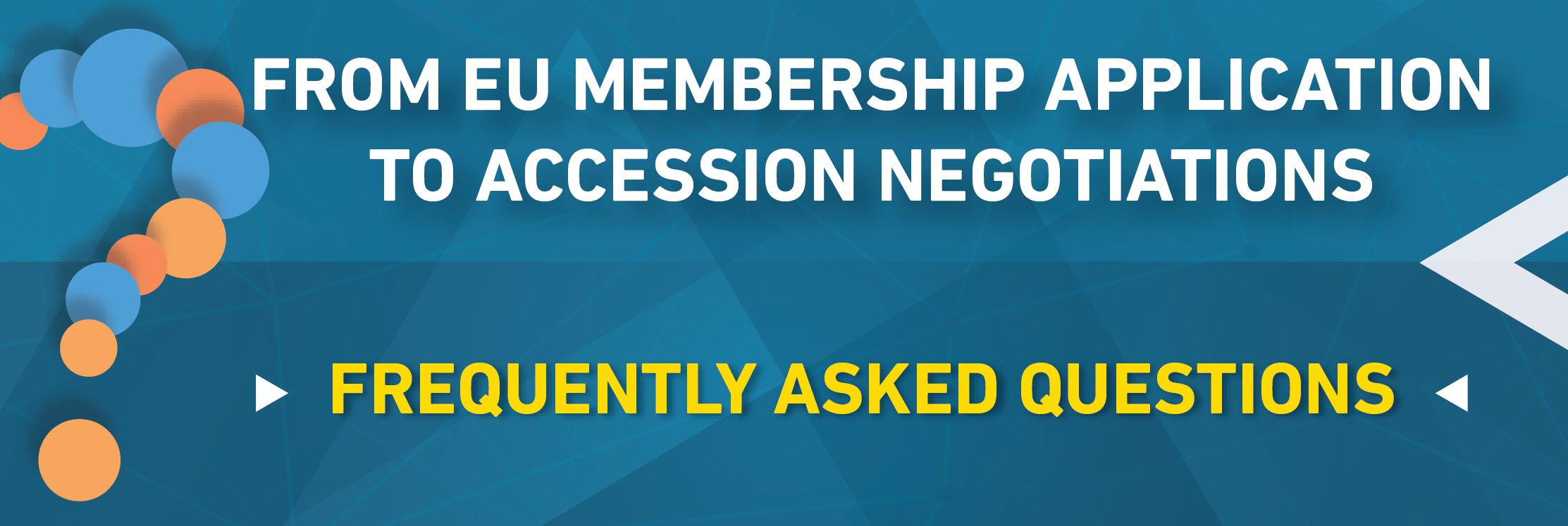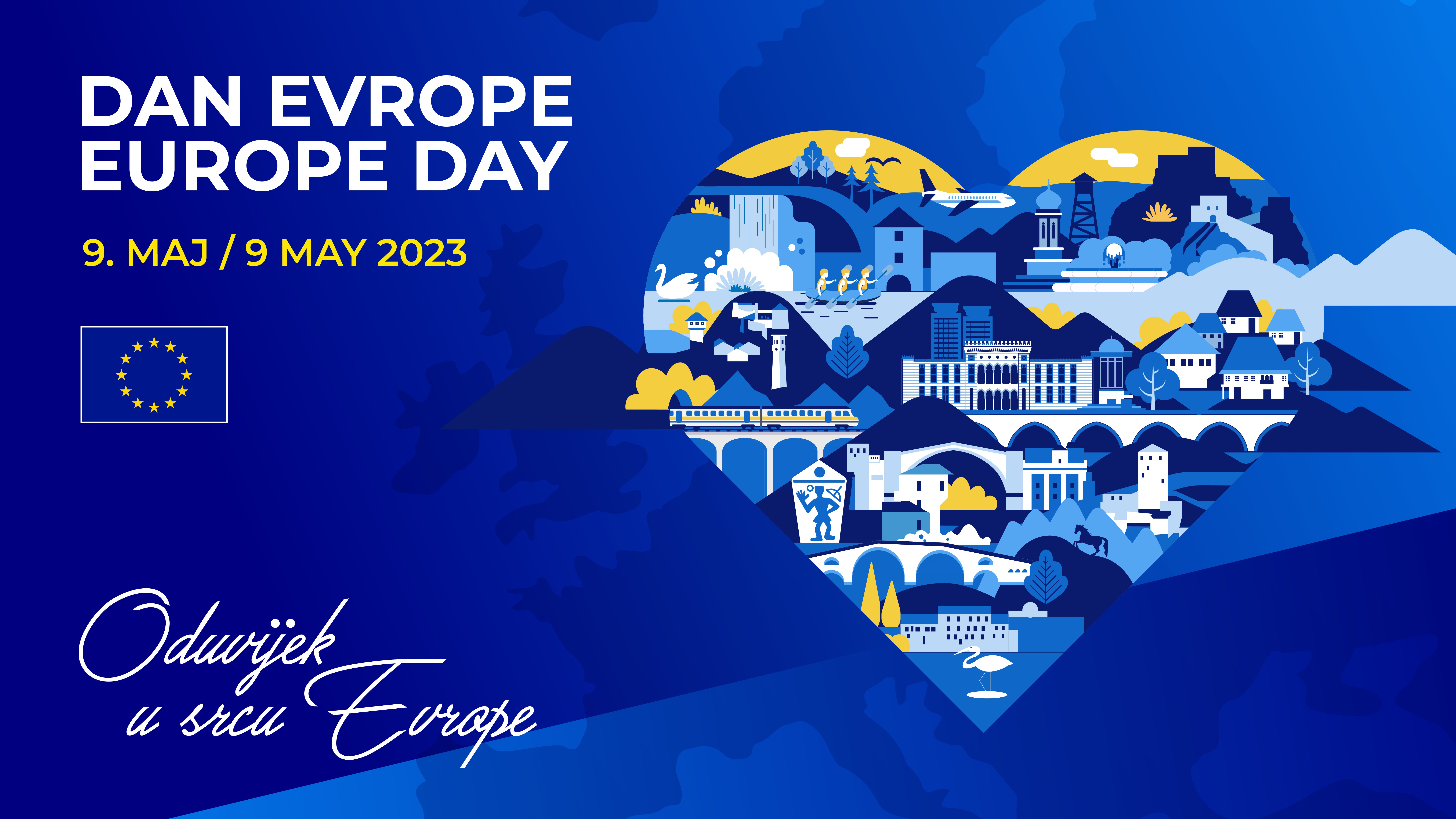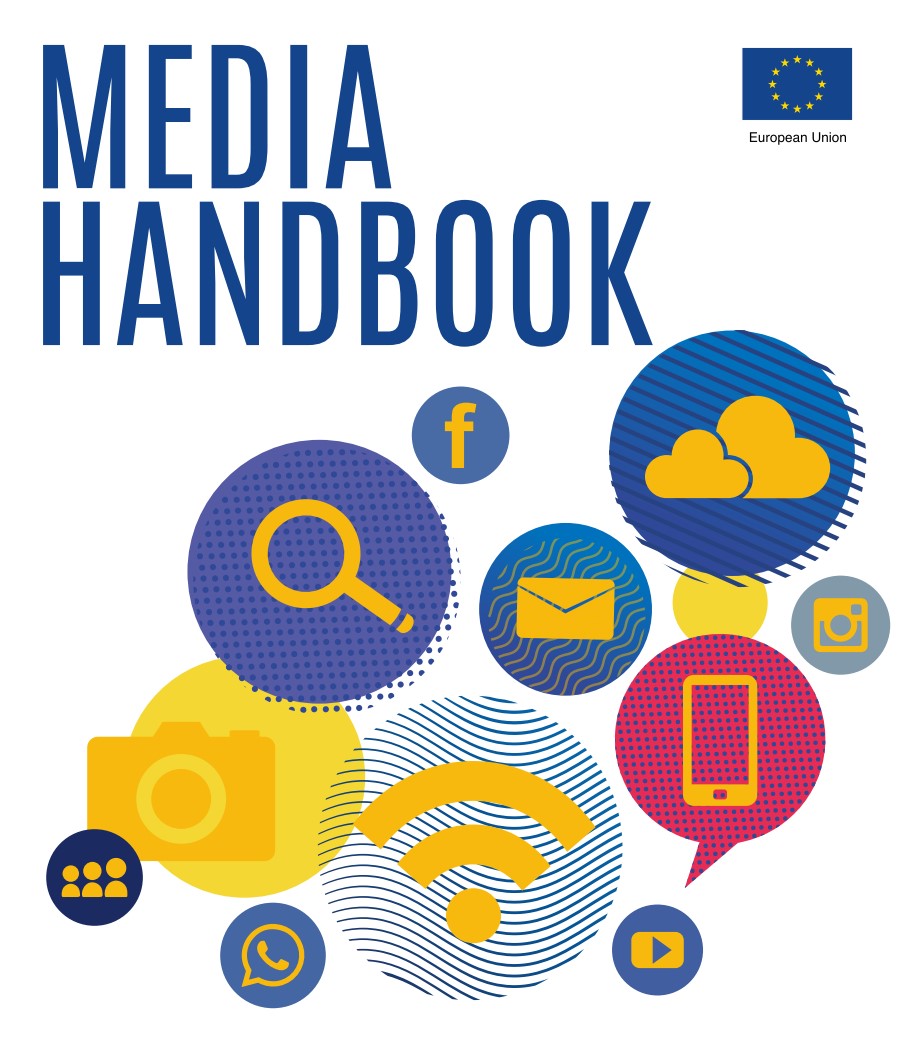European Instrument for Democracy and Human Rights (EIDHR)
What is EIDHR?
The European Instrument for Democracy and Human Rights (EIDHR) is the concrete expression of the EU commitment to support and promote democracy and human rights in third countries.
Following up on the 2007-2013 EIDHR, it has been established in 2014 to contribute to achieving the EU’s policies relating to human rights and democracy in non-EU countries, including the objectives outlined in the Strategic Framework on Human Rights and Democracy adopted by the Council on 25 June 2012 and its new Action Plan for 2015-2019.
Its budget is EUR 1,332,752,000 for 2014-2020 and is mainly channelled through civil society organisations whose projects are selected following calls for proposals (Delegations or Headquarters). The EIDHR is complementary to the other EU external assistance instruments.
What does it cover?
The key objectives of the EIDHR are:
• supporting, developing and consolidating democracy in third countries, by enhancing participatory and representative democracy, strengthening the overall democratic cycle, in particular by reinforcing an active role for civil society within this cycle, and the rule of law, and improving the reliability of electoral processes, in particular by means of EU Electoral Observation Missions;
• enhancing respect for and observance of human rights and fundamental freedoms, as proclaimed in the UN Universal Declaration of Human Rights and other international and regional human rights instruments, and strengthening their protection, promotion, implementation and monitoring, mainly through support to relevant civil society organisations, human rights defenders and victims of repression and abuse.
The EIDHR represents a key added-value to the EU policy toolbox, thanks to its flexibility, its ability to provide assistance independently of the consent of the governments and public authorities of the third countries concerned, as well as its mixing of advocacy and field operations. Its interventions are being implemented under the EIDHR Multi-annual Indicative Programme 2014-2017 and its consecutive annual and bi-annual actions plans, and fit within:
• the Human Rights Country Strategies elaborated by EU Delegations, which give useful orientations for the implementation of the EIDHR assistance at country level;
• the various EU Guidelines on human rights;
• the “Tool-Box: a Rights-Based Approach, encompassing all Human Rights for EU development cooperation” and its related Conclusions adopted by the Council on 19 May 2014;
• the coordination and consultation mechanisms taking place with major stakeholders (OHCHR and other UN family organisations, CSO active in the area of human rights and their networks).
What’s new compared to the 2007-2013 EIDHR?
Compared to the 2007-2013 EIDHR, the 2014-2020 EIDHR has been adjusted to address new realities and is more strategic in its focus and procedurally easy to use. Its budget has been increased and thus enabling the EU to provide more support for the development of thriving civil societies and their specific role as key actors for positive change in support of human rights and democracy. This includes increasing the EU’s capacity to react promptly to human rights emergencies and more support for international and regional human rights protection mechanisms.
Support is also given to undertake electoral observation missions, follow up their recommendations and improve democratic and electoral processes.
Also, the EIDHR’s specific objectives have been better defined with respect to the protection of human rights and support of democratic processes, including in particular:
• a stronger wording on the role of civil society, including a specific reference to the cooperation between civil society and local authorities and relevant state institutions;
• a stronger emphasis on vulnerable groups (national, ethnic, religious and linguistic minorities, women, lesbian, gay, bisexual, transgender and inter-sex persons (LGBTI), indigenous peoples);
• a stronger emphasis on economic and social rights.
The 2014-2020 instrument has a stronger focus on the most difficult countries and emergency situations where human rights and fundamental freedoms are most in danger. In such situations, the EU will be able to respond in a more flexible and timely manner through ad hoc grants. This will particularly be the case where less speedy solutions would expose beneficiaries to the risk of serious intimidation or retaliation and in order to address the urgent protection needs of human rights defenders on the ground.
Click on the links below to find out more about:
• EIDHR Highlights
• EIDHR funding opportunities
• EIDHR Library


















